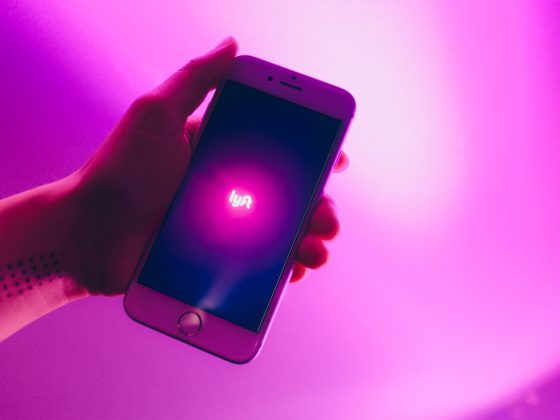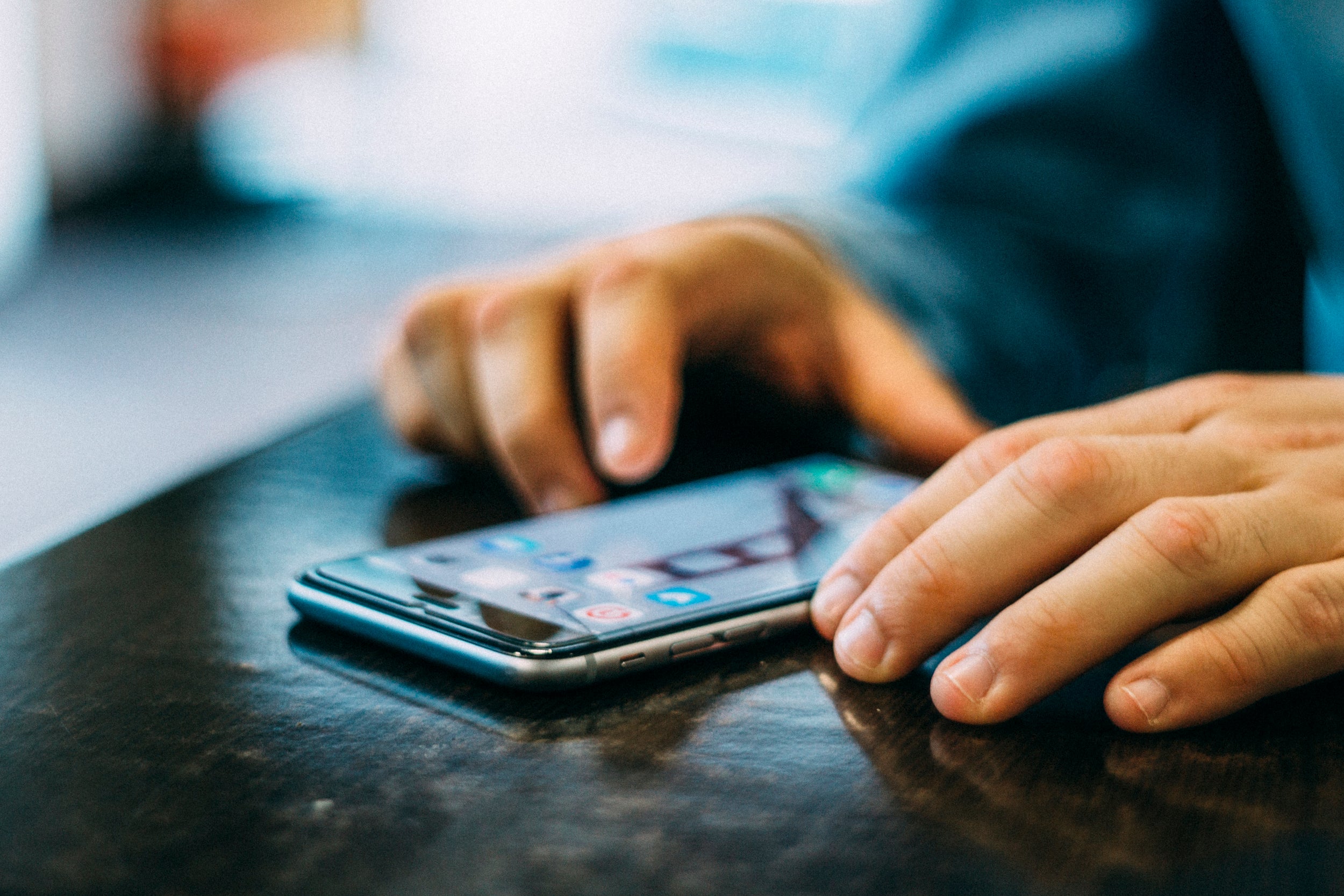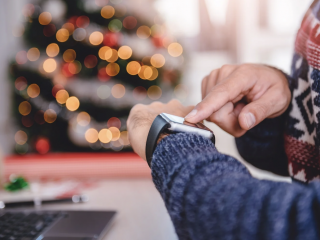Cybercrime is growing all of the time. Every year, more individuals and businesses are victims of online crimes, such as scams, fraud, and identity theft. Many of these victims lose money, and some businesses face legal action for failing to protect their customer’s data correctly.
As an individual, you might not think that you have anything to worry about. Surely cybercriminals target big businesses or more vulnerable people? Why would they come after you? You’d probably be surprised!
If you’ve got social media feeds or a blog, you are at risk online. Cybercriminals could steal your date to impersonate you, on and offline. They could use this information to their advantage, making you the victim of a phishing scam, using what they know about you to appeal to you online. By failing to protect your own identity, you could also be putting your loved ones in danger. So, with these risks in mind, let’s take a look at some of the easiest ways to protect your identity online.
Don’t Give Out Your Address
Your first thought here might be, “of course I’d never give out my address online, I’m not stupid” but, are you doing it without knowing? If you have a blog or use social media for work, you may also have an email newsletter. Do you put your home address on it? The photographs that you post online, as well as comments, may utilize geotagging, and you might clearly show your location in photographs that you share.
Using a https://physicaladdress.com address can mean that you never need to use your home address online. You can change the settings on your smartphone so that photos don’t include geotagging in the metadata, and you can turn off location tagging on your comments online. Then, be sensible with photos. Make sure the location of your home is never obvious.
Avoid Oversharing
One of the biggest mistakes that we make online is oversharing. We give crooks all of the information that they need to scam us, or steal our identities, without even knowing, because we share absolutely everything that we do. Even if your feeds are private, be careful with what you share, you never know who might see it in the future.
Don’t Use the Same Passwords
Statistics show that most of us are guilty of using the same passwords for most things. This makes us vulnerable. Try to use different passwords, even using an app to help if you have trouble remembering them.
Lock Your Smartphone

Most of us also keep all of our data on our smartphones. You are probably always logged into social media apps, and perhaps even banking apps. This is convenient and makes life easier, but what if your phone gets stolen or lost? Make sure it’s always securely locked to protect your data.
Learn About the Latest Scams
Phishing scams are online all of the time. Most of us have had an email from a Nigerian Prince. Learn about the most popular scams at https://www.itgovernance.co.uk/blog/catches-of-the-month-phishing-scams-for-march-2020 so that you know what to watch out for.
In truth, the best ways to protect yourself online, are to use your common sense, get into good habits, and stay alert. Hopefully, these tips will help.

















